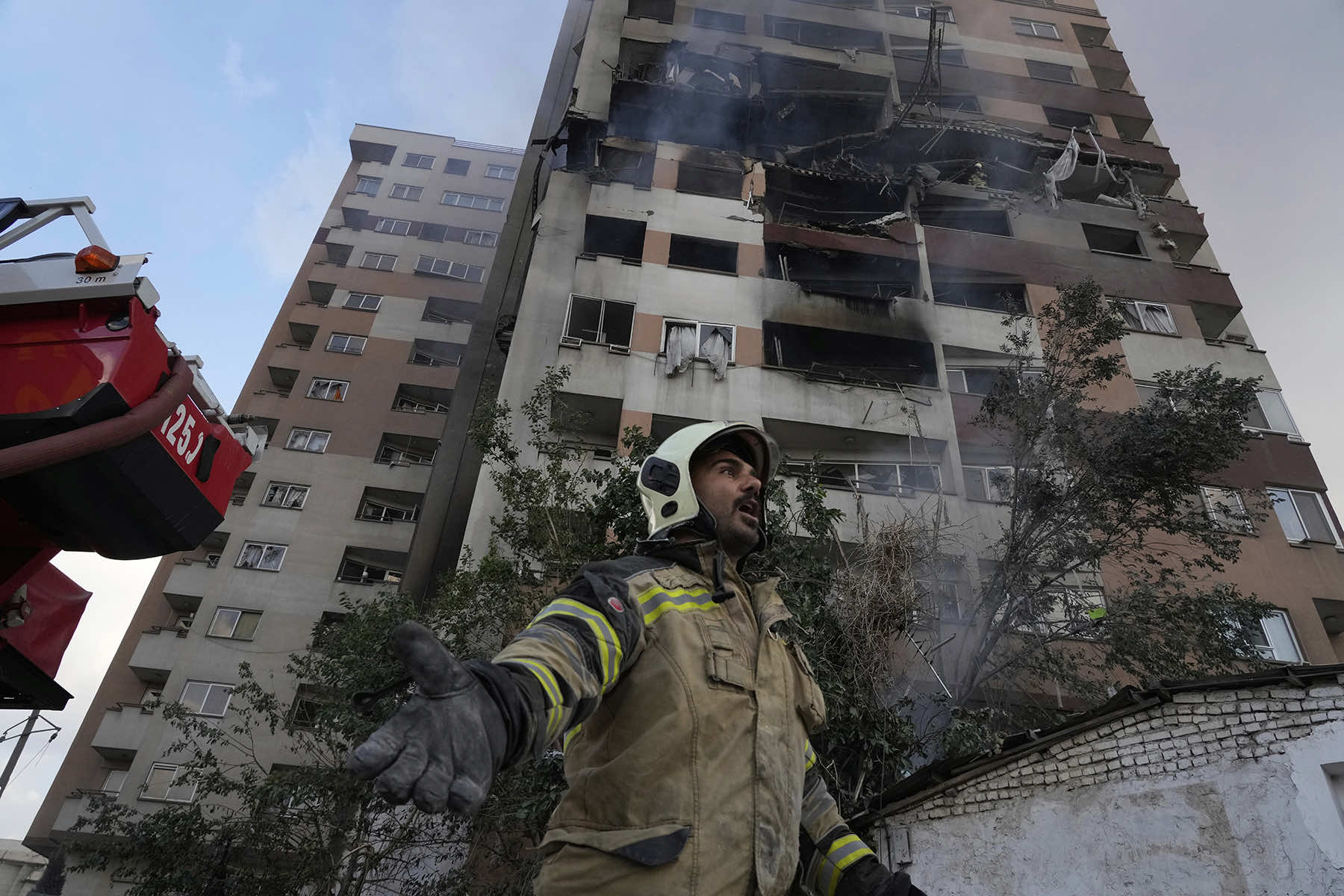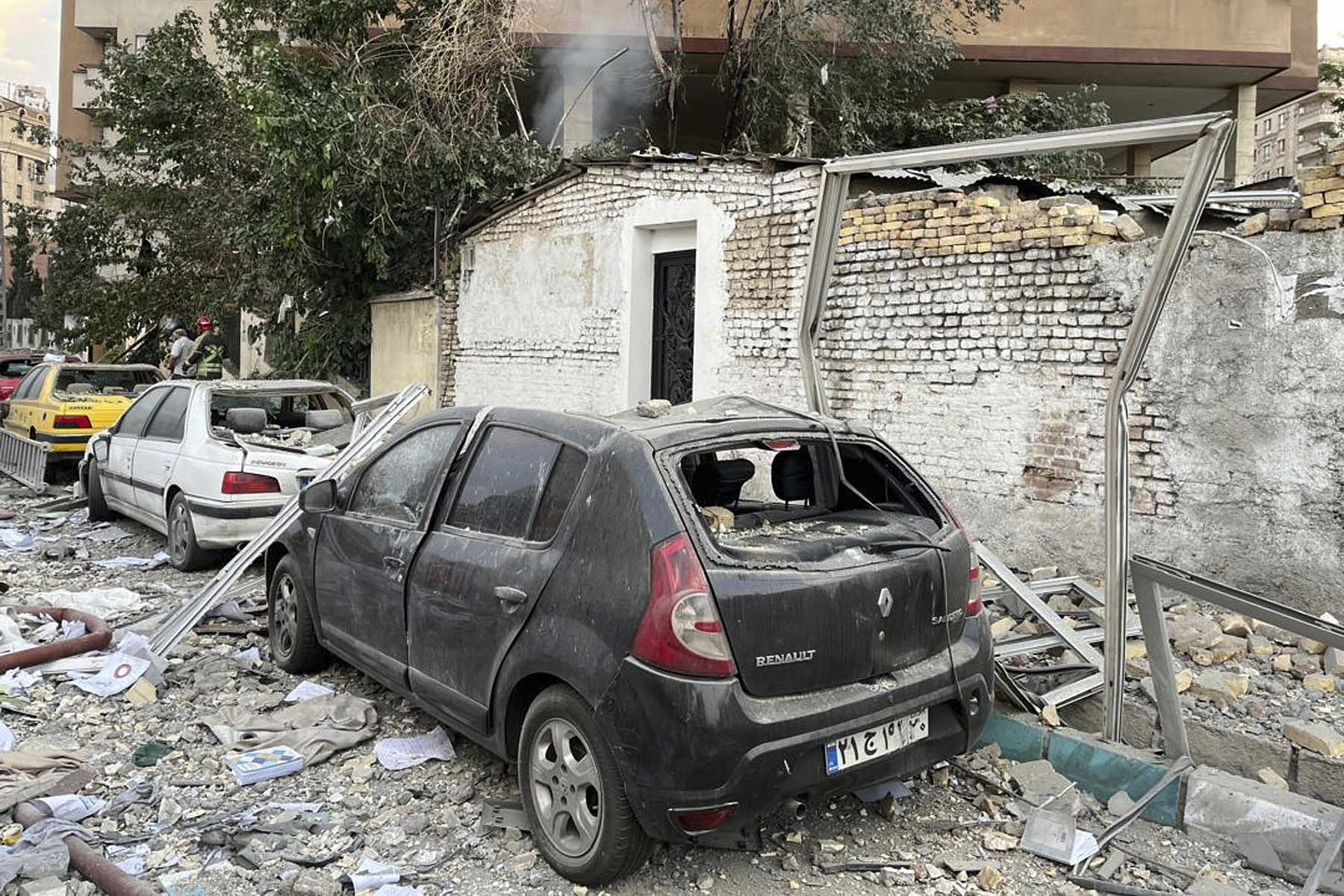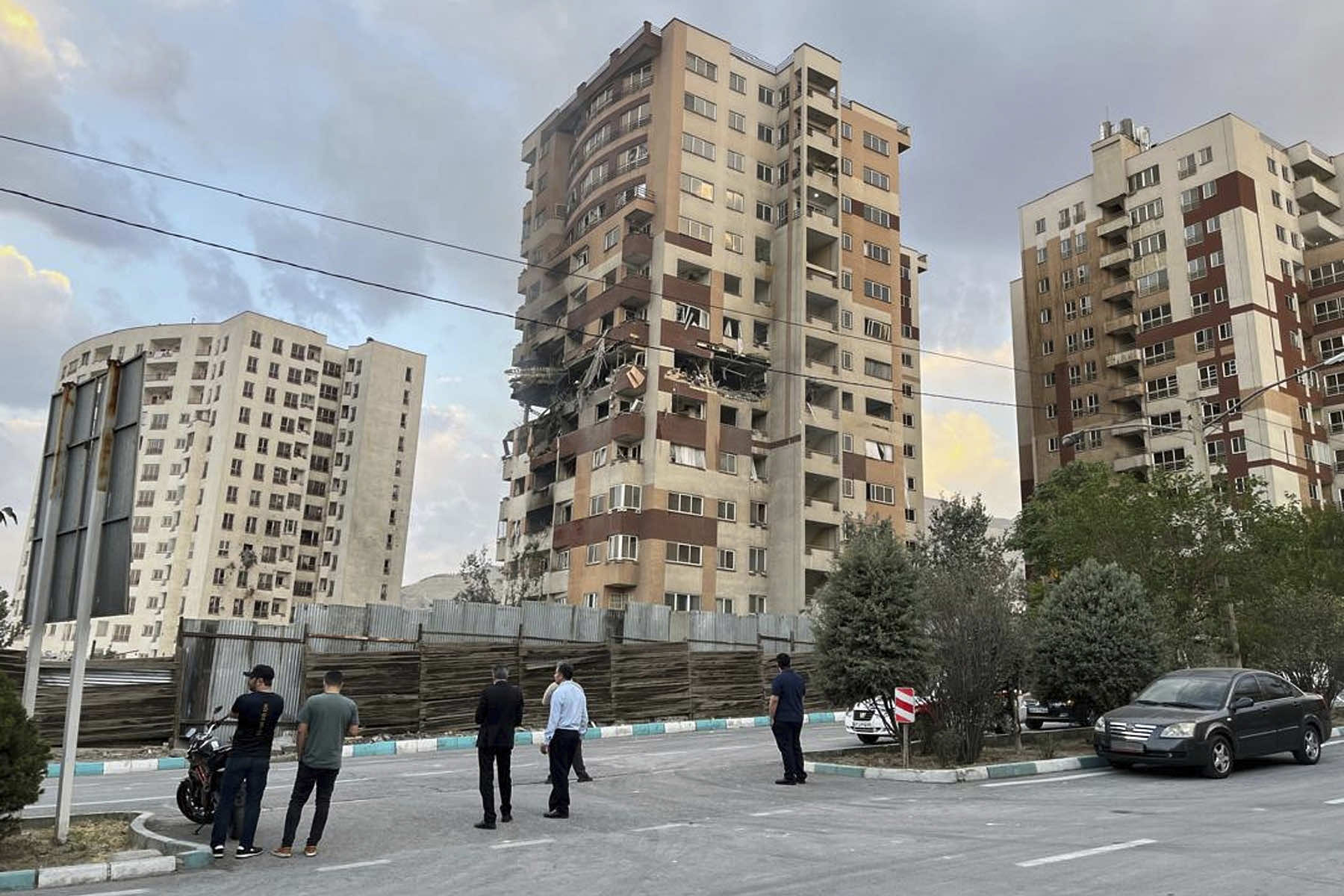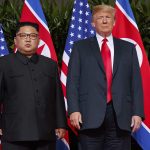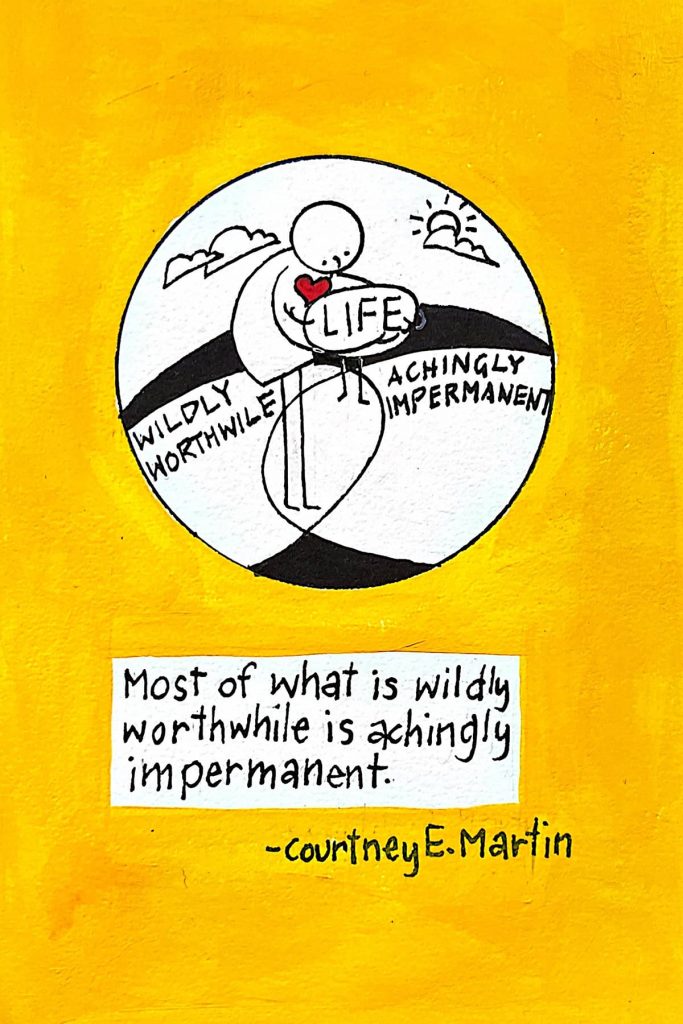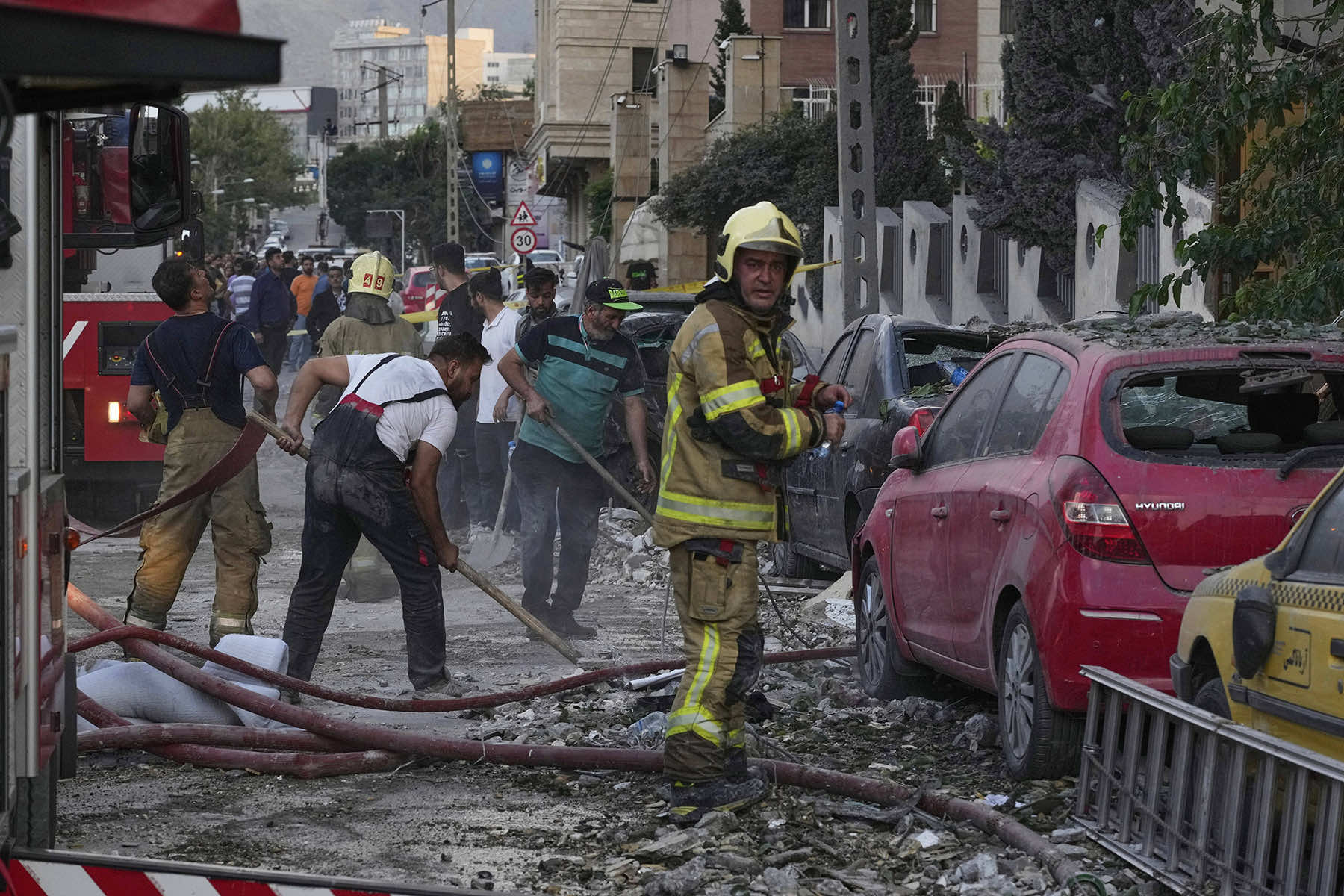
Israeli Prime Minister Benjamin Netanyahu ordered strikes on Iran’s capital on June 13, raising the potential for an all-out war between the two bitter Middle East adversaries. It appeared to be the most significant attack Iran has faced since its 1980s war with Iraq.
Just hours before the attack, Donald Trump was still holding onto tattered threads of hope that a long-simmering dispute over Tehran’s nuclear program could be resolved without military action.
Trump said he urged Netanyahu to hold off on any action while his regime negotiated with Iran over nuclear enrichment.
“As long as I think there is a (chance for an) agreement, I don’t want them going in because I think it would blow it,” Trump told reporters.
But with the Israeli military operation called “Rising Lion” underway, something Netanyahu said will go on for “as many days as it takes,” Trump will be tested anew on his ability to make good on a campaign promise to disentangle the U.S. from foreign conflicts.
Before Israel launched the strikes, some of Trump’s strongest supporters were raising concerns about what another expansive conflict in the Mideast could mean for the Republican president who ran on a promise to quickly end the brutal wars in Gaza and Ukraine.
Trump has struggled to find an endgame to either of those conflicts and to make good on two of his biggest foreign policy campaign promises. After months of sitting in the White House, Trump has utterly failed to “end the war in Ukraine in 24 hours.”
And after criticizing President Joe Biden during last year’s campaign for preventing Israel from carrying out strikes on Iranian nuclear sites, Trump found himself making the case to the Israelis to give diplomacy a chance.
The push by the Trump administration to persuade Tehran to give up its nuclear program came after the U.S. and other world powers in 2015 reached a long-term, comprehensive nuclear agreement that limited Tehran’s enrichment of uranium in exchange for the lifting of economic sanctions.
But Trump unilaterally withdrew the U.S. from the Obama-administration brokered agreement in 2018, calling it the “worst deal ever.” The way forward is even more uncertain now.
The unprovoked attack targeted the country’s nuclear program and killed at least two top military officers. It triggered a reprisal, with Supreme Leader Ayatollah Ali Khamenei warning that “severe punishment” would be directed at Israel.
Hours later, Israel’s military said it had begun intercepting Iranian drones launched in retaliation.
An Israeli official said the interceptions were taking place outside of Israeli territory, but did not elaborate. The official spoke on condition of anonymity pending a formal announcement.
Iraq said more than 100 Iranian drones had crossed its airspace. A short time later, neighboring Jordan said its air force and defense systems had intercepted several missiles and drones that had entered its airspace for fear they would fall in its territory.
Israel’s attack on Iran hit several sites, including the country’s main nuclear enrichment facility, where black smoke could be seen rising into the air.
The leader of Iran’s paramilitary Revolutionary Guard, General Hossein Salami, was confirmed dead, Iranian state television reported, a development that is a significant blow to Tehran’s governing theocracy and an immediate escalation of its long-simmering conflict with Israel.
The chief of staff of Iranian armed forces, General Mohammad Bagheri, was also confirmed dead by Iranian state television. Other top military officials and scientists were believed to have been killed.
In Washington, the Trump regime, which had cautioned Israel against an attack during continued negotiations over Iran’s nuclear enrichment program, said that it had not been involved and warned against any retaliation targeting U.S. interests or personnel.
Still, it seemed likely the U.S. suspected an attack could be in the offing, with Washington on June 11 pulling some American diplomats from Iraq’s capital and offering voluntary evacuations for the families of U.S. troops in the wider Middle East.
ISRAEL CLAIMS ATTACKS WERE PREEMPTIVE
Israeli leaders cast the preemptive assault as a fight for the nation’s survival that was necessary to head off an imminent threat that Iran would build nuclear bombs, though it remains unclear how close the country is to achieving that or whether Iran had actually been planning a strike soon.
“It could be a year. It could be within a few months,” Netanyahu said as he vowed to pursue the attack for as long as necessary to “remove this threat.”
“This is a clear and present danger to Israel’s very survival,” he said.
Israel is believed to have carried out numerous highly secretive attacks on Iranian soil over the years, though it has rarely acknowledged them. Most have been aimed at Iran’s nuclear program, though Iran has also accused Israel of targeting its natural gas pipelines and of assassinating Hamas political leader Ismail Haniyeh in Tehran.
Over the past year, Israel has also been targeting Iran’s air defenses, hitting a radar system for a Russian-made air defense battery in April 2024 and surface-to-air missile sites and missile manufacturing facilities in October.
Some 200 Israeli aircraft took part in Friday’s operation, hitting about 100 targets, Israeli army chief spokesman Brig. Gen. Effie Defrin said, adding that the attacks were ongoing.
In the aftermath, Defrin said Iran had launched more than 100 drones toward Israel and that “all the defense systems are acting to intercept the threats.”
Israel, Iraq, Iran, and Jordan shut down their airspace to all flights as a precaution. Iran confirms top officials and scientists killed.
Khamenei issued a statement carried by the state-run IRNA news agency. It confirmed that top military officials and scientists had been killed in the attack.
Israel “opened its wicked and blood-stained hand to a crime in our beloved country, revealing its malicious nature more than ever by striking residential centers,” Khamenei said.
For Netanyahu, the operation distracts attention from Israel’s ongoing and increasingly devastating war in Gaza, which is now over 20 months old.
There is a broad consensus in the Israeli public that Iran is a major threat, and Israel’s opposition leader, Yair Lapid, a staunch critic of Netanyahu, offered his “full support” for the mission against Iran. But if Iranian reprisals cause heavy Israeli casualties or major disruptions to daily life, Netanyahu could see public opinion quickly shift.
Netanyahu expressed hope the attacks would trigger the downfall of Iran’s theocracy, saying his message to the Iranian people was that the fight was not with them, but with the “brutal dictatorship that has oppressed you for 46 years.”
“I believe that the day of your liberation is near,” the Israeli leader said.
Multiple sites in the Iranian capital were hit in the attack, which Netanyahu said targeted both nuclear and military sites. Also targeted were officials leading Iran’s nuclear program and its ballistic missile arsenal. The International Atomic Energy Agency confirmed that an Israeli strike hit Iran’s uranium enrichment facility at Natanz and said it was closely monitoring radiation levels.
The strike on Iran pushed the Israeli military to its limits, requiring the use of aging air-to-air refuelers to get its fighter jets close enough to attack. It wasn’t immediately clear if Israeli jets entered Iranian airspace or just fired so-called “standoff missiles” over another country. People in Iraq heard fighter jets overhead at the time of the attack. Israel previously attacked Iran from over the border in Iraq.
TENSION HAD BEEN GROWING FOR WEEKS AHEAD OF ATTACKS
The potential for an attack had been apparent for weeks as angst built over Iran’s nuclear program.
Trump on June 12 said that he did not believe an attack was imminent but also acknowledged that it “could very well happen.” Once the attacks were underway, the U.S. Embassy in Jerusalem issued an alert telling American government workers and their families to shelter in place until further notice.
U.S. Secretary of State Marco Rubio said Israel took “unilateral action against Iran” and that Israel advised the U.S. that it believed the strikes were necessary for its self-defense.
“We are not involved in strikes against Iran, and our top priority is protecting American forces in the region,” Rubio said in a statement released by the White House.
Trump is scheduled to attend a meeting of his National Security Council on June 13 in the White House Situation Room, where he is expected to discuss the conflict with top advisers. It is not clear if he plans to make public remarks on the strikes.
Israel has long been determined to prevent Iran from developing nuclear weapons, a concern laid bare on Thursday when the Board of Governors at the International Atomic Energy Agency for the first time in 20 years censured Iran over its refusal to work with its inspectors. Iran immediately announced it would establish a third enrichment site in the country and swap out some centrifuges for more-advanced ones.
Even so, there are multiple assessments on how many nuclear weapons it could conceivably build, should it choose to do so. Iran would need months to assemble, test, and field any weapon, which it so far has said it has no desire to do. U.S. intelligence agencies also assess that Iran does not have a weapons program at this time.
In a sign of the far-reaching implications of the emerging conflict, Israel’s main airport was closed, and benchmark Brent crude spiked on news of the attack, rising nearly 8%. Both Iran and Israel closed their airspace.
Israeli Defense Minister Israel Katz warned that in the aftermath of the strikes, “missile and drone attacks against Israel and its civilian population are expected immediately.”
“It is essential to listen to instructions from the home front command and authorities to stay in protected areas,” he said in a statement.
As the explosions in Tehran started, Trump was on the lawn of the White House, mingling with members of Congress. It was unclear if he had been informed, but the president continued shaking hands and posing for pictures without addressing the developments.
“No issue currently divides the right as much as foreign policy,” Charlie Kirk, the founder of Turning Point USA and an ally of the Trump White House, posted on X. “I’m very concerned based on (everything) I’ve seen in the grassroots the last few months that this will cause a massive schism in MAGA and potentially disrupt our momentum and our insanely successful Presidency.”
Jack Posobiec, another prominent Trump supporter, also warned on X that a “direct strike on Iran right now would disastrously split the Trump coalition.”
Rosemary Kelanic, director of the Middle East program at Defense Priorities, said the job ahead for Trump and his team is to protect U.S. forces, who are highly vulnerable to Iranian retaliation.
“Israel’s strike on Iran must not become the United States’ war,” Kelanic said. “The U.S. public overwhelmingly opposes another military engagement in the Middle East for good reason. An open-ended military campaign in Iran would risk repeating the catastrophic mistakes of the 2003 war in Iraq, which inadvertently strengthened Tehran’s influence there.”
Trump, who vowed never to entangle the United States in another foreign war, now faces the consequences of his own failure to rein in a close ally. By ignoring warnings, dismantling past agreements, and proving unable to stop Netanyahu’s escalation, Trump has placed America in the path of yet another Middle East war.
If this new conflict widens, it will not be fought by diplomats or strategists. It will be young Americans, including boys from cities like Milwaukee, who will be sent to bleed for a war they did not start and may never understand.

